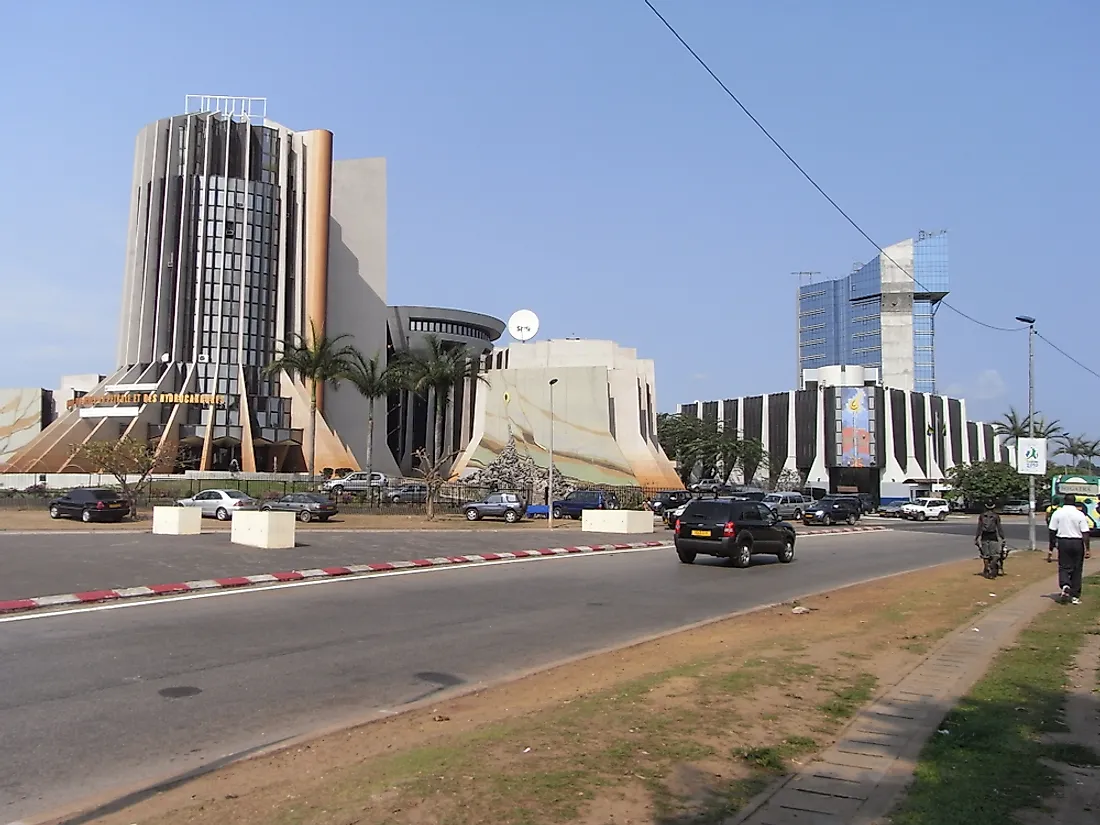The Culture Of Gabon

Gabon, a country in Central Africa, has a culture that is deeply rooted in African beliefs and traditions. French culture has also significantly influenced the country’s urban culture, a reminder of the French colonial rule in Gabon.
Ethnicity, Language, And Religion
Gabon is home to 2,119,036 individuals. The indigenous Gabonese population comprises of many tribal groups with the largest ones being the Fang, Shira-Punu/Vili, and the Nzabi-Duma. Other tribes include Mbede-Teke, Myene, Kota-Kele, Okande-Tsogo, and the Pygmy. Together they constitute about 80.1% of the population. Immigrants from other African nations like Cameroonian, Malian, Beninese, Togolese, and others who have acquired Gabonese nationality constitute the rest of the population. French is the official language of Gabon. Many indigenous languages are also spoken in the country by the respective communities. 42.3% of Gabon’s population adhere to Roman Catholicism. Protestant Christians account for 12.3% of the population. Muslims and animists represent 9.8% and 0.6% of Gabon’s population respectively.
Cuisine
Gabonese cuisine is significantly influenced by French cuisine. Staples in rural areas include rice, cassava, and yams. In the cities, various French specialties are popular. Chicken and fish are most commonly consumed non-vegetarian dishes. Bushmeat consumption is also prevalent in remote areas. Wild boars, monkeys, and antelopes are hunted for meat. Hot red pepper berbere paste is one of the most common types of hot sauces accompanying the traditional meals consumed by the Gabonese. A variety of fruits, nuts, and vegetables like bananas, papayas, mangoes, coconuts, guavas, peanuts, tomatoes, plantains, eggplant, etc., are also eaten. Meat stews, mustard chicken, cassava porridge, smoked fish, seafood, chicken with pine nuts, mashed or crushed plantains, fufu, dried meats, etc., are some typical Gabonese dishes.
Literature And The Arts
Gabon has a rich heritage of oral literature which includes mythology and folklore. Written literature developed in the country only after the arrival of Europeans and the spread of formal education. Many of the noted writers of Gabon have studied in France and hence their writings reflect the influences of France. Recently, the writers and poets of Gabon have also started taking an intense interest in their own literature including folklore and have revived the same.
Gabon’s different ethnic groups have their own distinct craft forms. For example, the Fang people are known for their mask-making and basketry skills. They also produce sculptures and carvings. Masks are crafted for use in ceremonies and hunting. The different ethnic groups have different sets of masks.
Performance Arts
The music of Gabon is diverse and unique but is yet to gain the international recognition it deserves. A wide array of folk styles are prevalent in the country. Some of the traditional instruments used in the country include obala, balafon, drums, and ngombi. Patience Dabany and Annie-Flore Batchiellilys are two of the country’s most recognized pop stars. Rock and hip hop have been imported to Gabon from the US and UK and are extremely popular among urban Gabonese youth. Other genres of music and dance like makossa, soukous, and rumba are also popular.
Sports
Football is the most popular sports in Gabon. The game is played both professionally and informally in the country. The country’s national football team has represented the country in many international matches. The Under-23 football team of Gabon is very strong and even qualified for the 2012 London Olympics. Basketball is another popular sport in the nation. The country’s national basketball team is called the Les Panthères and it finished 8th at the 2015 Afro Basket. The country has won an Olympic silver medal in taekwondo at the 2012 Olympics.
Society
Gabonese society is a male-dominated one. Men head the family and form the majority of the workforce. Traditional gender-based roles determine the way of life of the Gabonese. While men are responsible for earning money for the sustenance of the family, women are designated the role of household management and the upbringing of children. Fewer girls than boys receive an education. Those women who do enter the workforce and climb the ladder of success do so against many odds. Gender-based disparities in income also play a major role in worsening the status of women in the country. Gradually, however, the situation is changing for the betterment of Gabon’s women.
Most people in Gabon marry. Polygamy is very common but often finances determine the number of wives a man can keep and it becomes a show of wealth as much as it is an indulgence. The divorce rate is very low in the country. Most marriages are not legally sanctioned as it requires visiting the mayor’s office in a city for the completion of the process and few do so. Women marry a man who can provide for her and her children while men marry to have children and have someone to look after their home. Some marriages also happen for love.
Domestic units in the villages are usually of extended nature. After marriage, the bride moves to the groom’s village and stays with him and his family often including the groom’s parents, brothers and their families, uncles and their families, and others. In cities, lack of space often leads to couples living in nuclear families with their children or maybe the man’s parents.
Children are highly valued in the Gabonese society and most couples have more than one child. Men with multiple wives often have five or more children. The children are taught to assist their parents in their chores from an early age. Although both boys and girls are sent to school, girls drop out faster than boys. Overall, the school dropout rates are quite high as poor families often utilize the children for labor rather than spend money on their education. Marriage age is quite low and so is the age of childbearing. Maternal mortality rates are thus high in Gabon.











